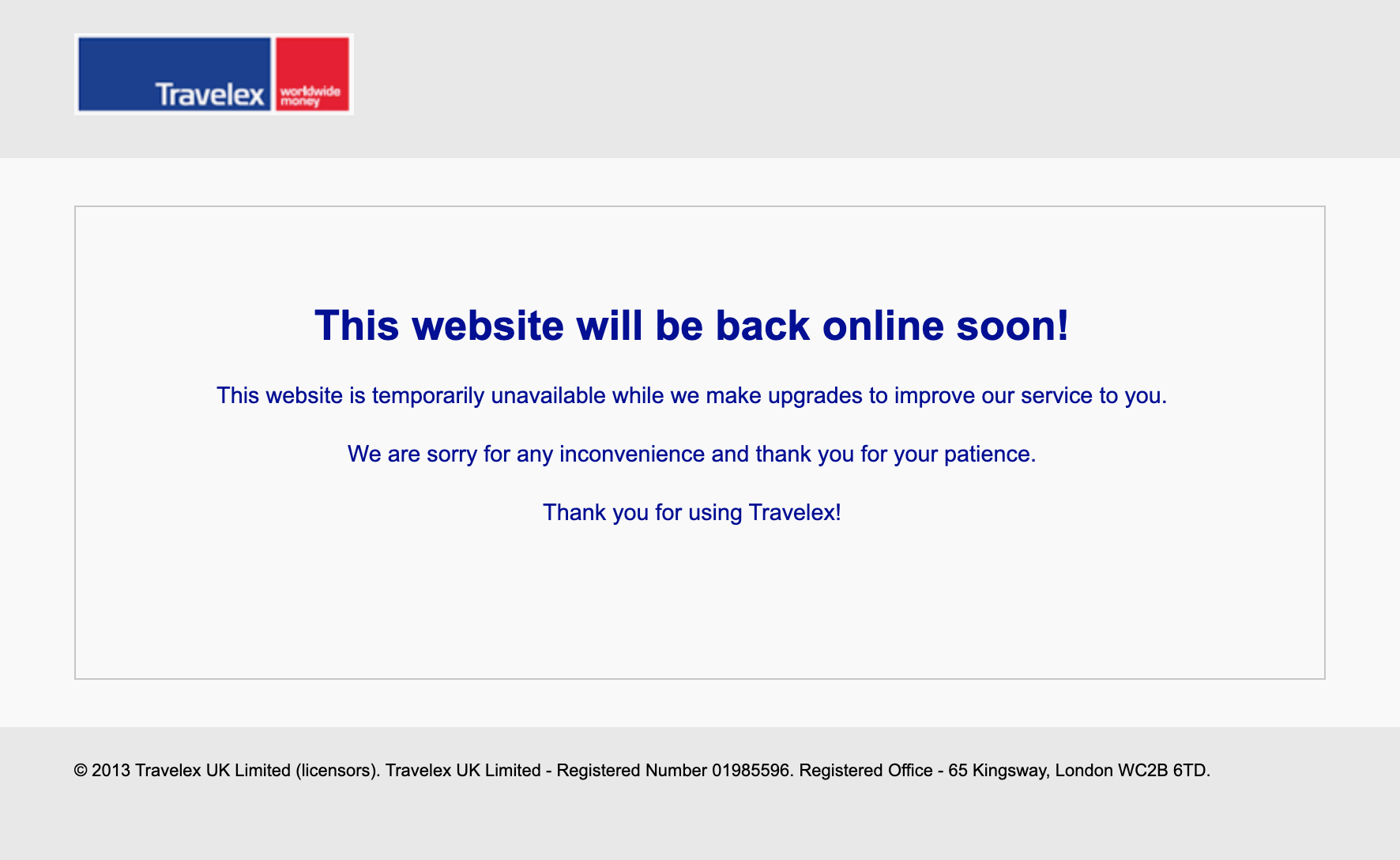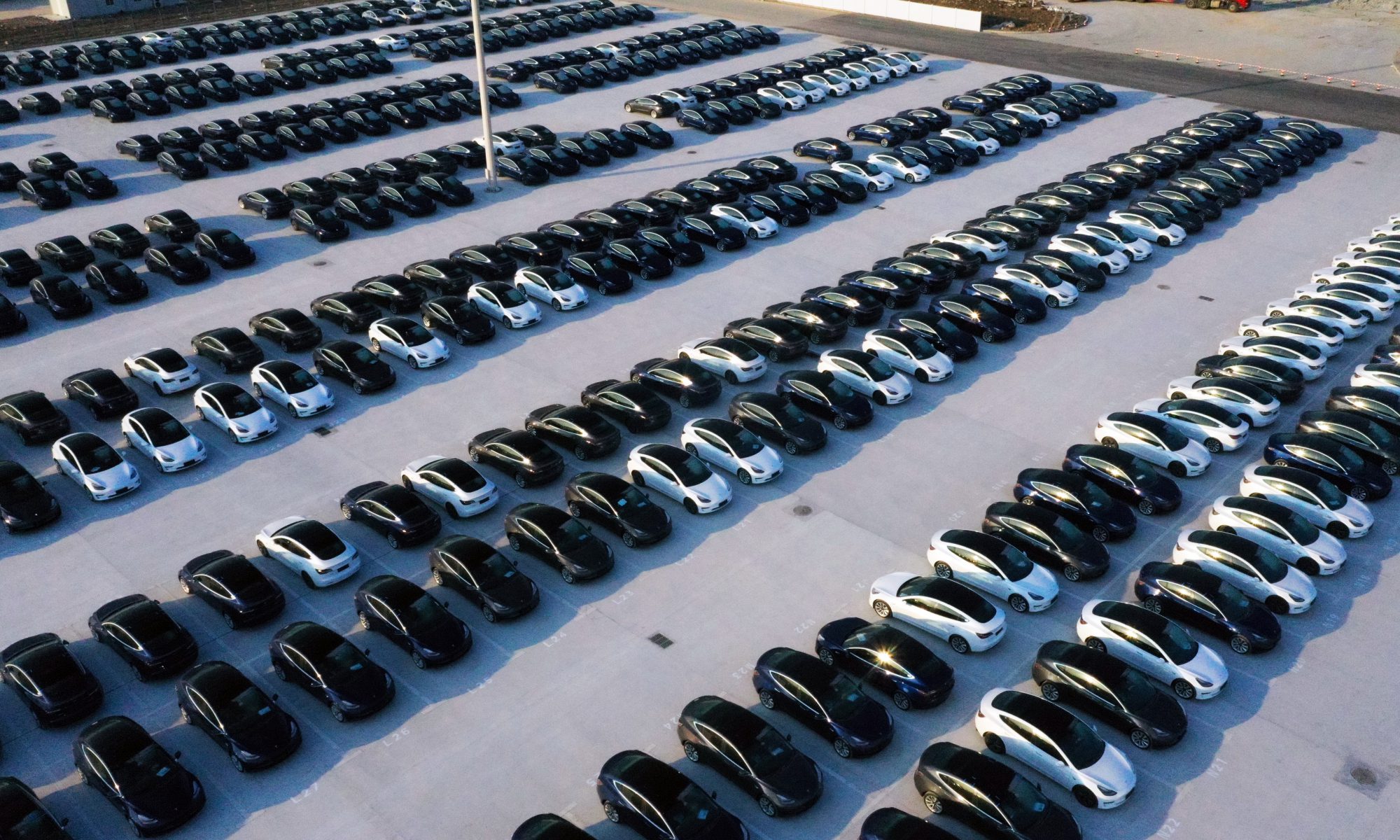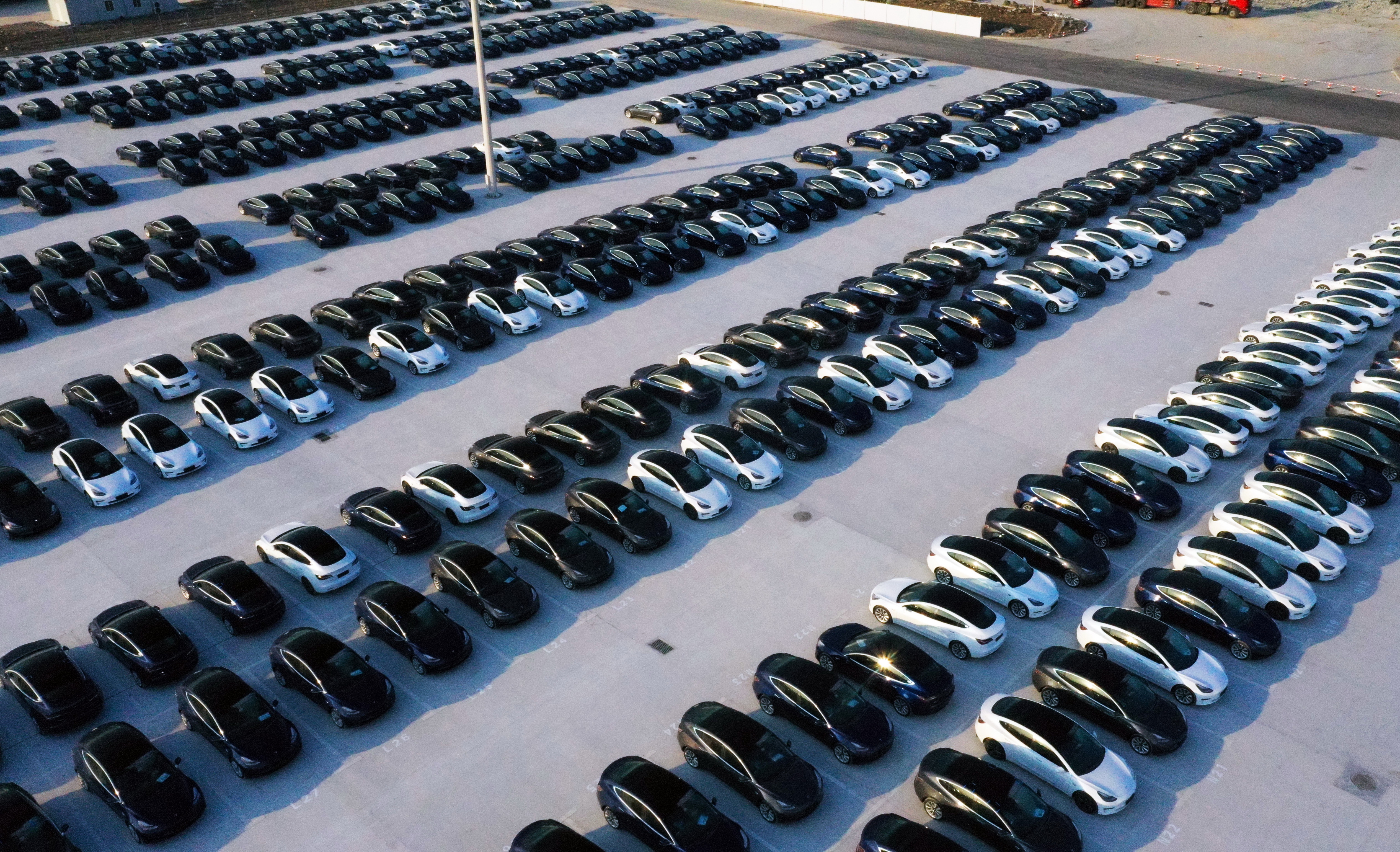Trussle, the online mortgage broker backed by the likes of Goldman Sachs, LocalGlobe, Finch Capital and Seedcamp, has lost its founding CEO.
Ishaan Malhi, who co-founded the fintech startup five years ago, has resigned with “immediate effect,” according to a rather brief press release issued by Trussle this morning.
The company is now searching for Malhi’s replacement and in the interim says it will be led by Chairman Simon Williams and others in the senior leadership team. “Williams will be supported by co-founder Jonathan Galore who helped establish Trussle in 2015 and remains closely involved in the business,” reads the press release.
Williams joined Trussle’s board in April 2019, and has had a long stint in financial services. He spent nine years at Citigroup, heading up its International Retail Bank, and more recently served as head of HSBC’s Wealth Management group until 2014.
Meanwhile, the departure of Malhi seems rather abrupt, not least as he doesn’t appear to be involved in the recruitment of his successor. As well as resigning from the role of CEO, the Trussle co-founder has resigned from the startup’s board.
Trussle itself declined to provide further detail, with a spokesperson for the company advising that any questions with regards to why Malhi has resigned should be put to him. I pinged Malhi for comment but he declined to take my call having committed to spending the day with family.
However, he did give a statement to The Telegraph newspaper, telling reporter James Cook: “it was my decision to step down.”
More broadly, the story appears to be being spun as a young first-time founder growing a business to a size where more experienced leadership is needed to take it to the next stage. And it’s certainly true that the company has been staffing up in recent months, growing to 120 staff members (as of late November 2019) and bolstering the leadership team.
Along with Williams, Trussle announced in November that it had recruited ex-Wallaby Financial co-founder Todd Zino as CTO, and ex-head of Zoopla content strategy Sebastian Anthony as head of Organic Growth and Product Manager.
At the time of the announcement, Malhi said in a statement that “culture remains to be our competitive advantage” — a culture that has since seen its founding CEO depart abruptly before a replacement has been found.
Although, as one person with inside knowledge of Malhi’s departure framed it, Trussle has been attempting to diversify the startup’s leadership team for a while now and make the company “less of a one-man show.”
What’s also clear is that the online mortgage broker space is a tough one and pretty capital-intensive due to high customer acquisition costs compared to traditional brokers where cross-selling is the norm but cost of operations is greater and less scalable. The promise of the online broker model is that once scale is achieved, lower operational costs will start to offset those higher and fiercely competitive acquisition costs.
In other words, a classic venture/digitisation bet, but one that is yet to pan out definitively.
As another reference point, one source tells me that Trussle is projected to make a £10 million loss in 2019 based on £2 million in revenue. I also understand from sources that the startup recently closed an internal funding round from existing investors — separate from its £13.6 million Series B in May 2018, and that its backers remain bullish. As always, watch this space.
Source: Tech Crunch








